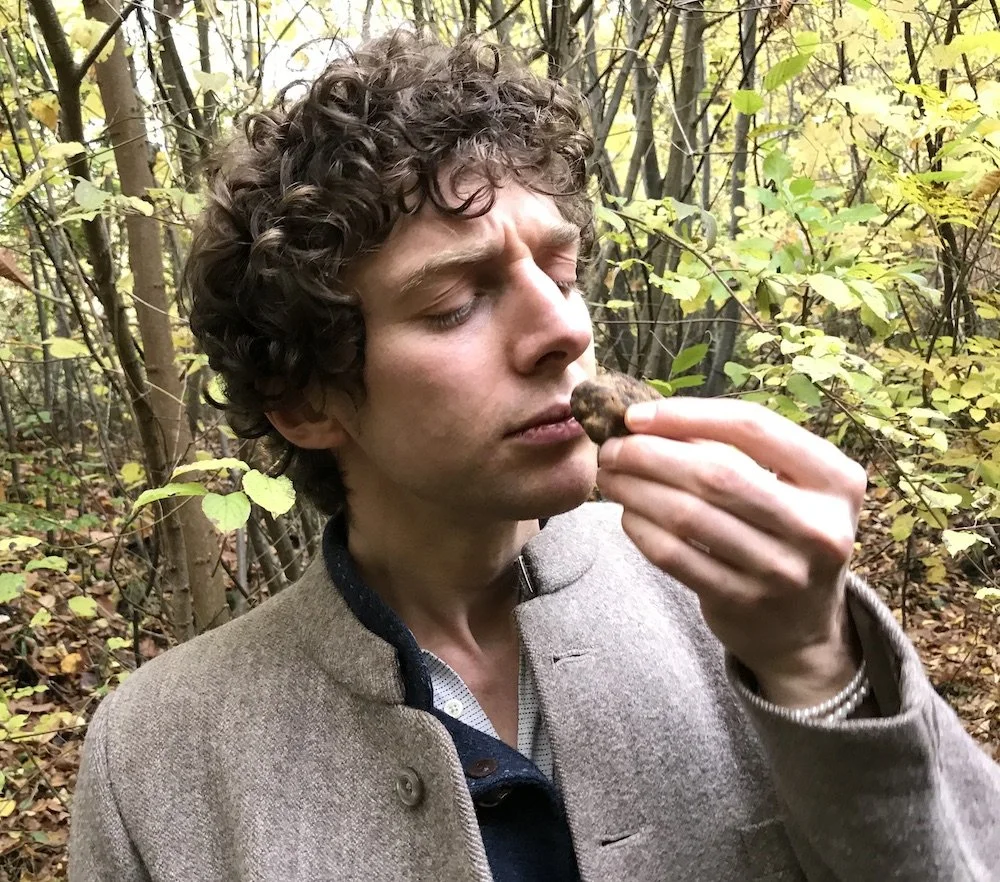YOLANDA KAKABADSE
/Fmr. Minister of Environment, Ecuador
Fmr. President: WWF Int’l, World Conservation Union, Founder Fundacion Futuro Latinoamericano
One of the reasons why we haven't been able to overcome many of the climate crisis factors is because people don't understand what it means. What is it about? What can I do? Usually, when we hear these experts speak about the climate crisis, at least me, I don't understand 9/10ths of the speech or the document. Simplifying the message, allowing that difficult scientific knowledge to become popular language that I can use when explaining to a child, to a rural person, to someone who has a different type of education, that knows much more about the planet but not necessarily about university, explaining those difficult issues will make a difference. And we have to invest much more in that. Speaking difficult scientific language is not helpful to the majority of society.
















